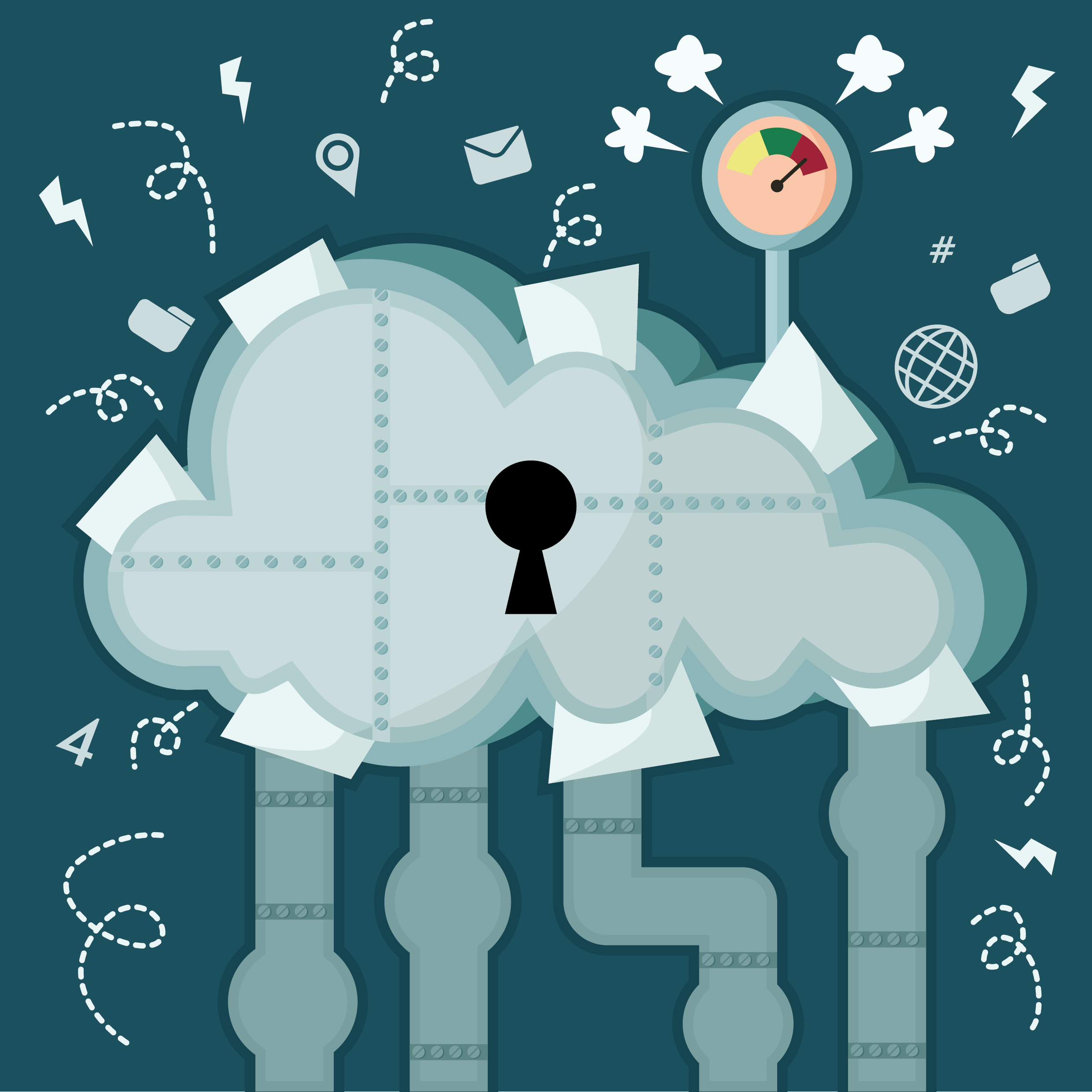379 reads
How to Protect Your Git Secrets
by
November 5th, 2020

I'm a technology enthusiastic. I like to contribute to various projects whenever I get a chance.
About Author
I'm a technology enthusiastic. I like to contribute to various projects whenever I get a chance.
